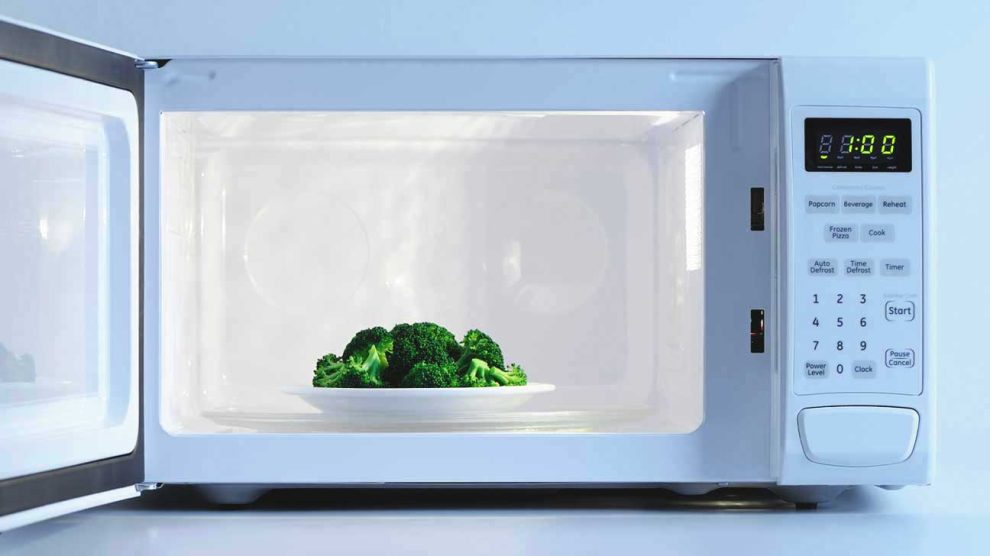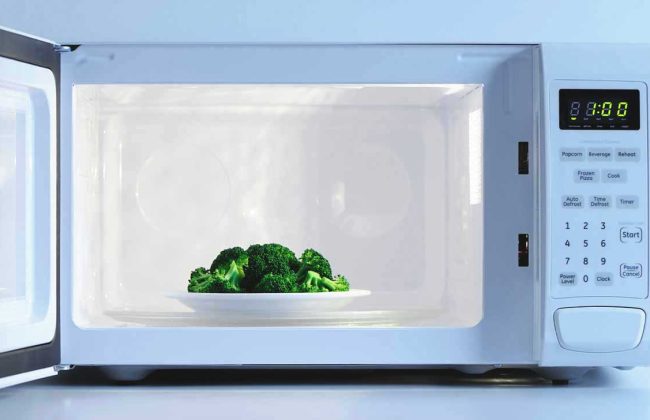It’s interesting to see how our food and dietary habits change as we get older. Certain tastes can develop, we might become sensitive to some foods, and our goals for eating (be that gaining or losing weight) can shift also. While there may be some universal truths that most people appreciate (pizza is generally considered to be pretty cool, for example), there’s rarely a one-size-fits-all approach, only that you need to eat, it’s important to stay near caloric maintenance, and healthy, nutritionally-dense foods are better than processed, high-sugar and carb alternatives.
But in our general day to day planning, we might have a few questions that we want to know the answers to, but also put off knowing. In this post, we hope to provide a central resource to help you:
I Left Food Out Longer Than I Should Have – Can I Still Eat It?

Usually, room-temperature perishables like meat, poultry, seafood, or dairy should not be left out for more than two hours. But what about three hours? Four? Well, it’s best not to risk it at all. That being said, it’s important to be wise. Some people leave food out overnight and have been fine. It’s worth considering the risk involved, the temperature your food is left at, and official advice. It’s best to never flirt with food poisoning, no matter how tempted you are.
Are Fruit Stickers Edible?
You may ask are fruit stickers edible? Many people take a bite out of their apple (not their iPhone), and realize they’ve eaten half of one. Luckily, they don’t provide any real harm but don’t expect any nutritional profile or benefit from doing so. Check the linked resource for more information.
How Does A Microwave Work, Anyway?

We’ve all wondered this while greedily waiting for our leftover pizza to come back to life. Microwaves work by emitting electromagnetic waves that cause the water molecules in food to vibrate, which generates heat. This heat cooks the food from the inside out, which is why microwaves are faster than conventional ovens, sometimes by a factor of five or more. The rotating plate inside the microwave allows even cooking by distributing those microwaves throughout the food. It’s an amazing technology, despite many of us taking it for granted.
Are Air Fryers Really Healthier?
Air fryers are a great way to stop using oils, and that in itself could be a health improvement. That being said, not all oils are bad for you – coconut and avocado oil are considered rather healthy, even. What matters is what you’re frying up. Fried vegetables in a healthy oil limited in saturated fats is going to be healthier than air frying a dense, sugary pie. So unless you’re avoiding fats at all cost, air frying isn’t necessarily healthier. They are fun to use, however.
With this advice, we hope you can finally answer some of those pressing food questions you’ve always wanted to know about. With that put to rest, you can devote your mental energy to the wonderful meals you create on a daily basis!

